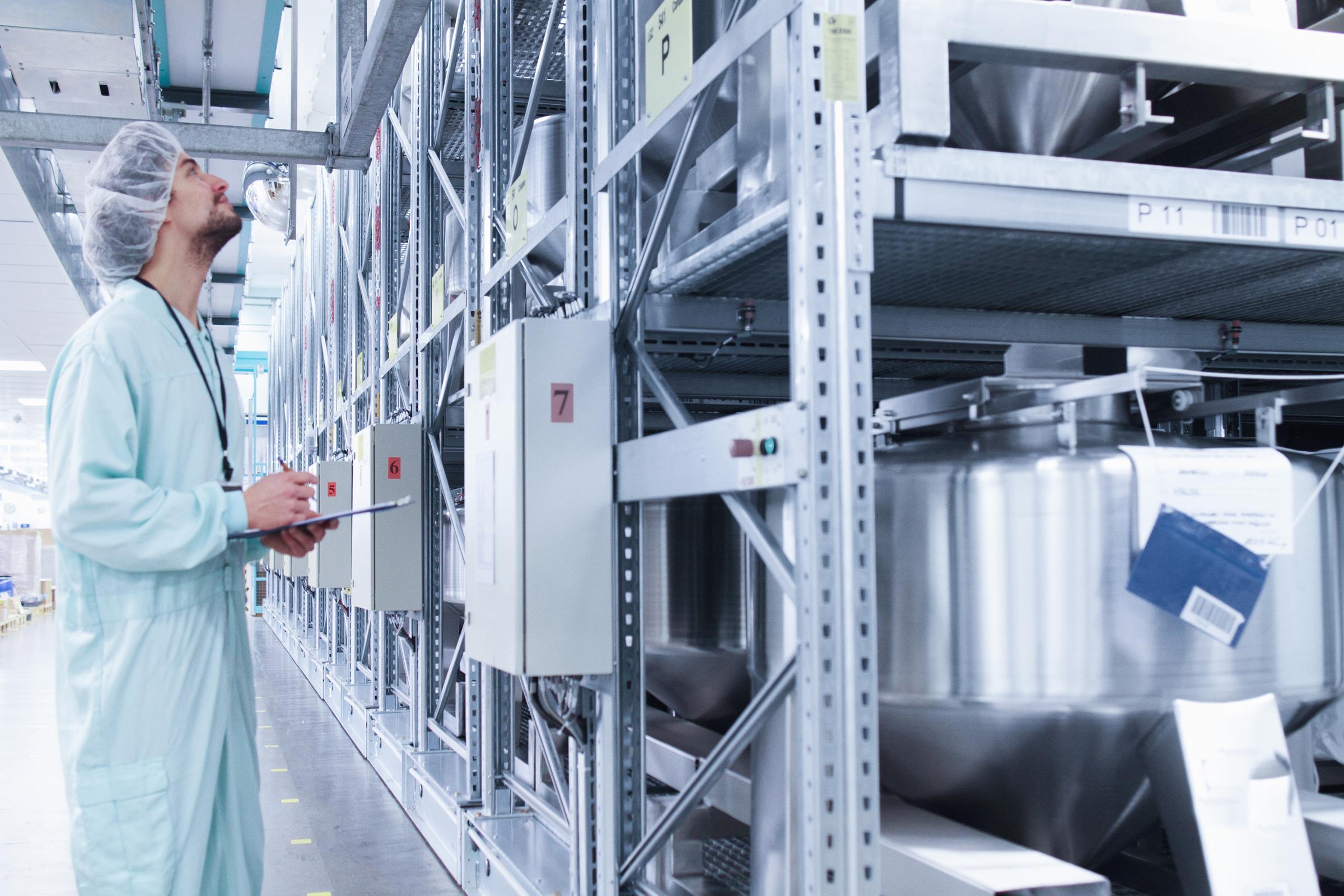
In today’s fast-paced healthcare environment, efficient pharmaceutical logistics is crucial. As the demand for timely and safe delivery of medications increases, the role of a Pharmaceutical Logistics Specialist becomes more vital. This article delves into what pharmaceutical logistics entails, the responsibilities of a specialist, and how you can secure a position in this rewarding field.
Understanding Pharmaceutical Logistics
Definition and Importance
Pharmaceutical logistics refers to the process of managing the flow of drugs from manufacturers to healthcare providers. This involves a variety of functions, including transportation, warehousing, inventory management, and compliance with regulations. The importance of this sector cannot be overstated; effective logistics ensure that patients receive their medications on time and in optimal condition.
Key Components of Pharmaceutical Logistics
Several key components form the backbone of pharmaceutical logistics, including:
- Transportation: Moving products from one location to another safely and efficiently.
- Warehousing: Storing medications under controlled conditions to maintain quality.
- Inventory Management: Keeping track of stock levels to prevent shortages or overstock situations.
Role of a Pharmaceutical Logistics Specialist
Job Responsibilities
A Pharmaceutical Logistics Specialist coordinates all aspects of pharmaceutical delivery. Key responsibilities include:
- Overseeing the entire supply chain process.
- Ensuring compliance with healthcare regulations.
- Managing relationships with suppliers and transportation companies.
Skills Required
To succeed in this role, several skills are essential:
Analytical Skills
Analytical skills are vital for evaluating logistics processes and identifying areas for improvement. Specialists must be able to analyze data and make informed decisions to optimize supply chains.
Communication Skills
Strong communication skills are necessary for collaborating with team members, suppliers, and regulatory agencies. Clear communication ensures that everyone is on the same page.
Problem-Solving Skills
Logistics can be unpredictable. Problem-solving skills help specialists address challenges quickly and effectively, whether it’s a delay in delivery or an inventory issue.
The Process of Coordinating Pharmaceutical Deliveries
Order Management
Effective order management is the first step in coordinating deliveries. This involves processing orders accurately and ensuring that they are fulfilled on time.
Inventory Control
Maintaining accurate inventory levels is crucial. This ensures that medications are available when needed and helps prevent waste.
Packaging and Labeling
Proper packaging and labeling are essential to comply with regulations and maintain the integrity of medications during transport.
Compliance with Regulations
Adhering to healthcare regulations is non-negotiable. Specialists must ensure that all packaging and transportation practices comply with relevant laws.
Challenges in Pharmaceutical Deliveries
Temperature Control
Many pharmaceuticals require specific temperature controls during transport. Ensuring compliance with these requirements can be challenging but is critical for maintaining product efficacy.
Timeliness
Delays in delivery can have serious implications for patient care. Specialists must find ways to minimize delays and ensure timely distribution.
Transportation Issues
Logistics professionals often face transportation challenges, such as traffic delays or vehicle breakdowns. Having contingency plans in place is essential to mitigate these issues.
Technology in Pharmaceutical Logistics
Tracking Systems
Modern tracking systems allow specialists to monitor shipments in real-time, ensuring transparency and accountability throughout the delivery process.
Software Solutions
Various software solutions can streamline logistics operations, from inventory management to order processing, helping specialists work more efficiently.
Career Opportunities in Pharmaceutical Logistics
Job Market Overview
The demand for logistics professionals in the pharmaceutical industry is on the rise. With the ongoing expansion of the healthcare sector, opportunities are plentiful.
Growth Potential
There is significant growth potential in this field. As technology advances and regulations evolve, specialists who stay ahead of trends will find ample opportunities for advancement.
How to Apply for a Logistics Role
Preparing Your Resume
A strong resume highlights relevant experience and skills. Focus on your analytical, communication, and problem-solving abilities to make a compelling case to potential employers.
Preparing for Interviews
Researching the company and preparing for common interview questions can set you apart from other candidates. Be ready to discuss your experience and how you can contribute to the organization.
Conclusion
The role of a Pharmaceutical Logistics Specialist is integral to ensuring that medications reach those in need. With the growing demand for efficient pharmaceutical deliveries, now is the perfect time to explore this career path. By applying your skills and knowledge, you can make a significant impact in the healthcare industry.
FAQs
What qualifications do I need to become a Pharmaceutical Logistics Specialist?
Typically, a degree in logistics, supply chain management, or a related field is beneficial. Experience in the pharmaceutical industry can also be a strong advantage.
What is the average salary for a Pharmaceutical Logistics Specialist?
Salaries can vary widely based on experience and location, but the average range is typically between $60,000 and $90,000 annually.
How do I find job openings in this field?
Job openings can be found on various job boards, company websites, and through professional networking platforms like LinkedIn.
What are the common challenges faced in pharmaceutical logistics?
Challenges include maintaining temperature control, ensuring timely deliveries, and navigating transportation issues.
How important is technology in this role?
Technology plays a crucial role in improving efficiency, tracking shipments, and managing inventory.
What are the future trends in pharmaceutical logistics?
Future trends include increased automation, advanced tracking technologies, and a focus on sustainability in logistics practices.